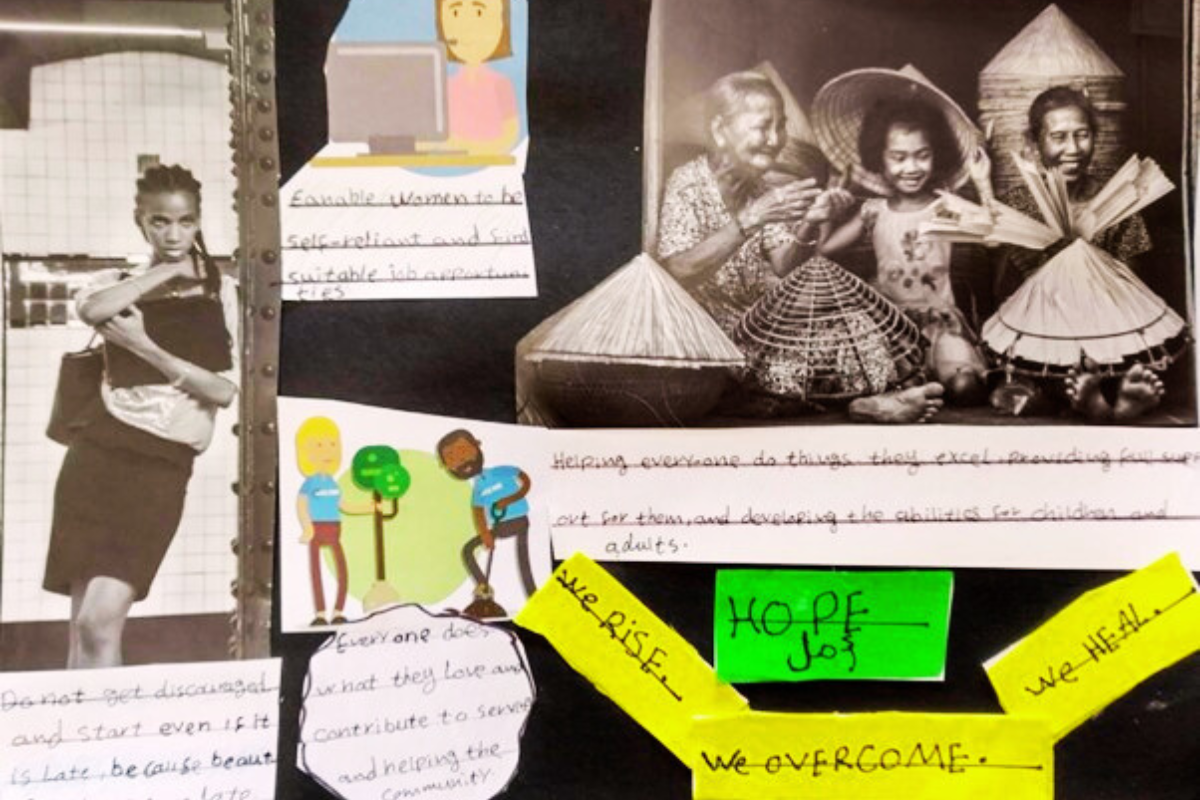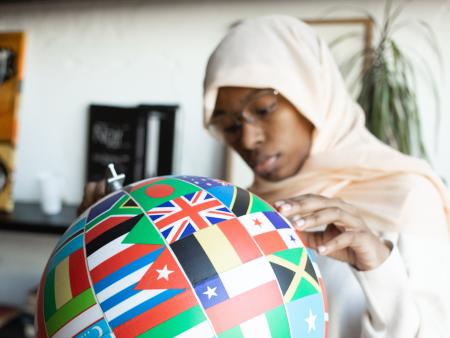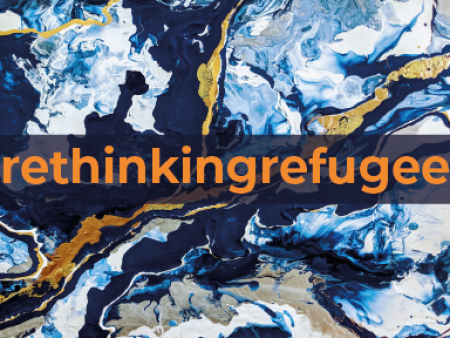
Breaking Barriers and Empowering Citizens-in-Waiting through Education and Training
To understand the capacity for ambition and drive among citizens-in-waiting, go to an ESOL class or a vocational training course, where hundreds of people each week are investing time and energy into their own future, albeit an uncertain one. Despite this thirst for self-development, the majority of our participants cited a lack of educational opportunities as a barrier to their integration, particularly in English language.
*Key findings from our Change Makers 2023 Report.
ESOL classes, while available, are slow-paced with students taking years to reach Level 3 which is a requirement for many entry-level jobs. As a result of this, many citizens-in-waiting choose to retrain and start their own businesses despite having earned bachelor’s and master’s degrees from their country of origin. In this case, vocational training courses offer clients the chance to learn about finance, marketing, and enterprise; providing the tools to take control of their future and create new opportunities for others. This chapter explores the barriers and enablers to education and training as reported by our participants.
Did you know...
- According to the 2021 census, 69 languages other than English are spoken in Bristol (Stone 2023).
- “Men rate their language proficiency much higher than women, with 31% choosing Average for their writing skills, compared to only 23% of women” (Refugee Advocacy Forum 2022: 8).
- “More women than men indicate the lack of childcare services preventing them from taking English lessons” (Refugee Advocacy Forum 2022: 8).
Barriers
- Long waiting lists for ESOL courses – Some people wait up to 9 months for entry-level courses. This is lost time and potential.
- Inflexible ESOL hours – This causes some to drop out to pursue work. This starts a vicious cycle in which people are stuck in low waged jobs due to lack of English but are unable to improve their language after having gained employment due to a lack of evening classes and no other alternative. Working and studying must not be mutually exclusive.
- Lack of childcare – Particularly an issue for women who are unable to attend in-person classes due to childcare responsibilities.
- Funding eligibility criteria can exclude certain demographics. For example, the criteria for some business support and training courses only covers non-EU migrants, meaning that Afghan refugees (who were already British citizens) and Polish and Romanian migrants are excluded from this training.
Enablers
- Accessibility – Evening classes, free childcare, and subsidised bus passes will ensure that anyone who wants to progress can do so.
- Signposting – As Firash notes below, signposting to relevant educational opportunities, both within and across organisations, can ensure opportunities are maximised.
- Volunteering and work placements – A great opportunity to learn new skills while enhancing job prospects and gaining references.
- Childcare – Ensures citizens-in-waiting, particularly women, can engage with training and education.
- A warm welcome – Several participants noted how the friendliness of staff encouraged them to engage with training.
Recommendations for Action
- The integration of linguistic and vocational education – So that learning English and securing employment are not mutually exclusive, thus breaking the cycle of being stuck at the bottom of the ladder without the ability to climb it. I.e through ‘English for Work’ classes and work placements as a part of ESOL courses.
- The use of APL (Accreditation of Prior Learning), both certified and experiential, in all educational institutions in Bristol and the West of England, so that citizens-in-waiting may be recognised for their existing skills and abilities rather than be seen as ‘blank slates’.
- Intensive courses to fast-track beginners to an intermediate level.
- Impartial funding – To ensure fairness and equality of access for all citizens-in-waiting.

